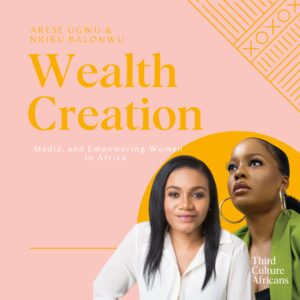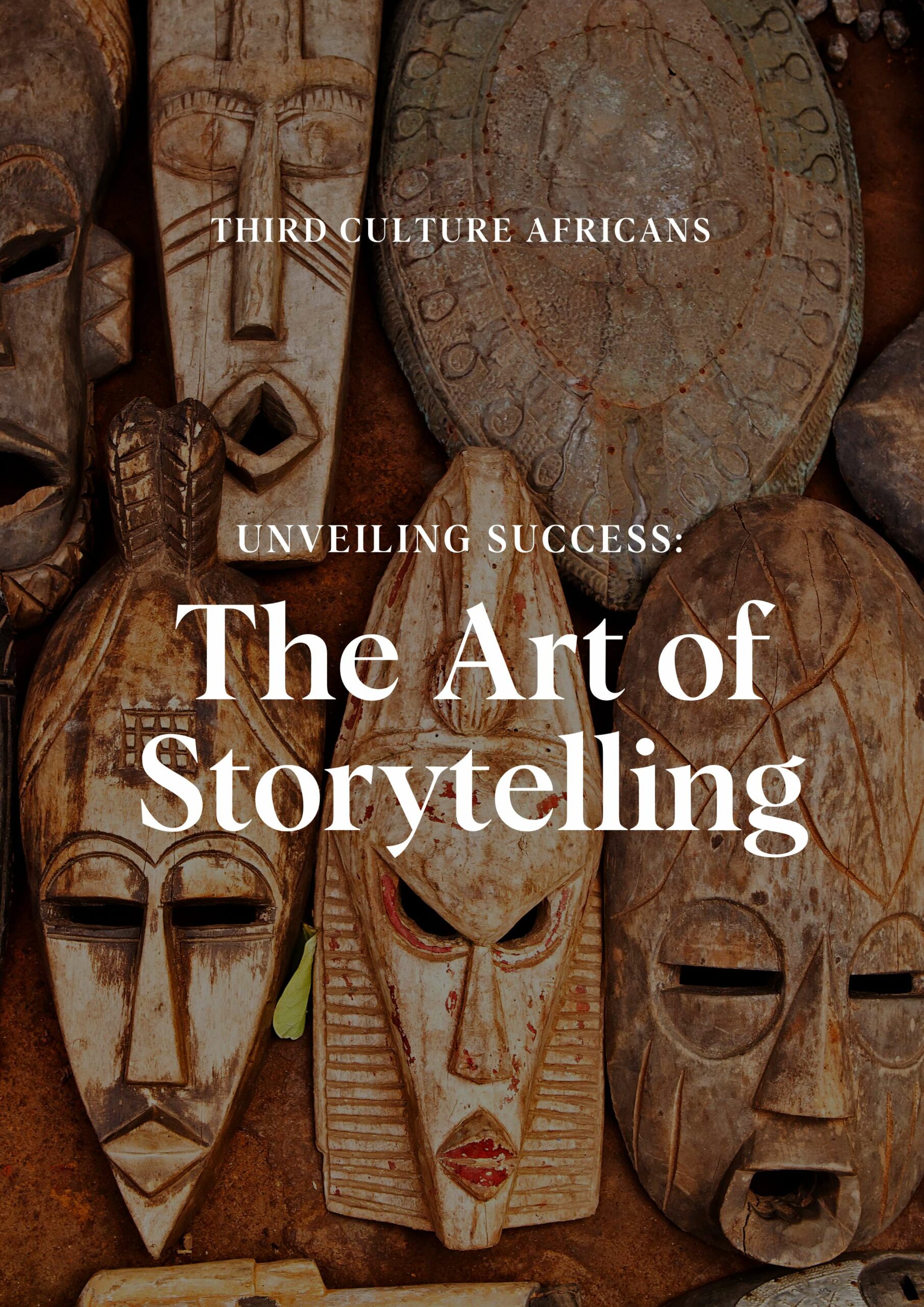In an increasingly interconnected world, the power of storytelling has emerged as a vital bridge that transcends cultural, geographical, and linguistic boundaries. “Connecting Through Words: The Significance of Worldly Stories in Today’s Society” explores the profound impact that narratives from diverse backgrounds have on fostering empathy, understanding, and community. As globalization continues to reshape interactions, the exchange of stories—whether through literature, oral traditions, or digital platforms—serves as a means to share experiences and perspectives that might otherwise remain unheard. These worldly stories not only reflect the rich tapestry of human existence but also offer valuable insights into the complexities of identity, tradition, and resilience. Through an examination of various narratives, this article delves into how they enrich individual lives and societal frameworks by promoting inclusivity, challenging stereotypes, and igniting dialogues on pressing global issues. By acknowledging the importance of these stories, society can harness their potential to cultivate a deeper appreciation for cultural diversity and inspire collective action toward a more harmonious world. Ultimately, this exploration underscores the need for continued engagement with the stories that connect humanity, reminding us that through words, we can find common ground amidst our differences.
Stories bridge cultural gaps effectively.
Narratives serve as a powerful medium for fostering understanding among diverse cultures. Through the rich tapestry of storytelling, individuals can gain insights into the values, beliefs, and experiences of others, often leading to a greater sense of empathy and appreciation. These stories, whether conveyed through literature, film, or oral traditions, provide windows into the lives of people who may seem vastly different on the surface. As readers and listeners engage with tales from distant lands or unfamiliar backgrounds, they are invited to challenge their preconceived notions and explore the common threads of humanity that unite people across geographical and cultural boundaries.
Furthermore, storytelling can act as a catalyst for dialogue, encouraging conversations that might not otherwise take place. As individuals share their own narratives alongside those from other cultures, they create a shared space for reflection and discussion. This exchange of stories can dismantle stereotypes and foster mutual respect, ultimately contributing to a more cohesive society. By prioritizing the sharing of diverse narratives, communities can cultivate an environment where cultural gaps are bridged and understanding thrives, highlighting the essential role that storytelling plays in a globally interconnected world.
When individuals come together to engage in communal activities—whether through storytelling, art, or shared traditions—they create a collective memory that strengthens social bonds.
Narratives foster empathy and understanding.
By immersing themselves in diverse narratives, individuals are often encouraged to confront their own biases and assumptions. These stories illuminate the struggles and triumphs of different communities, allowing listeners and readers to experience emotions and perspectives that may be foreign to them. The act of stepping into another’s shoes—whether through the pages of a novel or the scenes of a film—can evoke deep emotional responses, promoting a sense of compassion that transcends cultural barriers. This emotional engagement is not merely passive; it builds a foundation for more profound interpersonal connections and societal awareness.
In addition, the transformative power of narratives extends beyond individual interactions to influence broader societal attitudes. When stories highlight social injustices or celebrate resilience, they can galvanize audiences towards advocacy and change. By amplifying marginalized voices through storytelling, communities can foster solidarity and promote understanding in ways that facts and statistics alone cannot achieve. Thus, narratives become essential tools for bridging divides, enabling individuals to not only empathize with others but also to take informed action toward a more inclusive and equitable world.
Shared experiences unite diverse communities.
Shared experiences serve as a powerful mechanism for fostering unity among diverse groups. When individuals come together to engage in communal activities—whether through storytelling, art, or shared traditions—they create a collective memory that strengthens social bonds. These experiences help to break down barriers, allowing people from different backgrounds to find common ground. This sense of unity is often marked by shared laughter, mutual support, and an understanding of differing perspectives, cultivating an environment where diversity is celebrated rather than merely tolerated.
Moreover, the impact of shared experiences extends to the creation of inclusive communities that thrive on collaboration and empathy. In settings where individuals recount their personal stories or participate in communal rituals, the fabric of social cohesion is enriched. These moments not only promote dialogue but also encourage individuals to embrace their unique identities while recognizing their interconnectedness. As communities share their narratives, they reinforce their collective strength, paving the way for a society that values diversity as a source of resilience and innovation.
Literature reflects societal values and norms.
Literature serves as a mirror, revealing the values, beliefs, and norms that shape a culture at any given time. Through the narratives crafted by authors, readers gain insight into the complexities of human experiences, including the triumphs and struggles faced by various communities. Stories often critique societal structures, challenge prevailing ideologies, and highlight issues of justice, equity, and morality, thereby prompting readers to reflect on their own beliefs and actions.
In addition to acting as a reflective tool, literature also plays a prescriptive role by influencing societal norms and values. Works of fiction and non-fiction alike can inspire change by presenting alternative perspectives and envisioning new possibilities for societal behavior. For instance, literature that explores themes of resilience and social justice can galvanize movements toward equality and inclusivity, encouraging individuals to advocate for reform. As such, the stories crafted by authors not only document the human experience but also serve as catalysts for social transformation, illustrating the profound interconnectedness between literature and the evolution of societal values.

Check Out Our Podcast!
Global tales inspire collective action.
Narratives from diverse cultures often serve as catalysts for collective action, mobilizing individuals across geographic and social boundaries. By showcasing stories of resilience, struggle, and triumph, these global tales resonate deeply, binding people together through shared human experiences. Readers are not only confronted with the realities faced by others but are also compelled to see their own roles within a broader community. This connection fosters empathy, inspiring individuals to participate in movements and initiatives aimed at addressing social issues, environmental challenges, and inequalities.
Furthermore, these stories often highlight successful examples of collective action, demonstrating how communities have come together to effect change. They provide blueprints for action, illustrating that despite differences in culture and context, common goals can unite people around issues such as climate change, human rights, and social justice. By engaging with these narratives, individuals are encouraged to reflect on their responsibility to contribute to the collective good, ultimately transforming passive readers into active participants in their communities.
Oral traditions preserve history and heritage.
Oral traditions play a crucial role in preserving the history and heritage of cultures worldwide, acting as vital conduits for knowledge transfer across generations. Through storytelling, communities pass down their beliefs, values, and customs, ensuring that their unique identities remain intact despite the passage of time and the influence of modernization. These narratives often encompass significant events, legendary figures, and moral lessons that shape the collective memory of a society. In many cases, oral traditions also serve as a means of reclaiming and honoring ancestral legacies, allowing marginalized groups to assert their cultural identity and histories that may have been overlooked or erased.
In addition to safeguarding cultural heritage, oral traditions foster a sense of belonging and continuity within communities. They provide a framework for social cohesion, as shared stories can strengthen interpersonal bonds and create a deeper understanding among community members. By engaging listeners emotionally and intellectually, oral narratives invite reflection on moral dilemmas, ethical behaviors, and community responsibilities, reinforcing the significance of social values and norms. As these traditions are recounted and reinterpreted, they adapt to contemporary contexts, demonstrating the dynamic nature of culture while reminding individuals of their roots and shared histories.
Written words empower marginalized voices.
Written words serve as a powerful tool for marginalized voices, offering them a platform to express their experiences, challenges, and aspirations in a way that can reach a wider audience. Through literature, essays, and digital media, individuals from underrepresented communities can articulate their narratives, challenge stereotypes, and advocate for social change. Written expression allows these voices to transcend geographical and cultural barriers, ensuring that their stories resonate with diverse audiences and contribute to a richer tapestry of human experience.
Moreover, written words create an opportunity for advocacy and activism, enabling marginalized groups to document injustices and propose solutions. By sharing their stories in written form, individuals can mobilize support, foster solidarity, and influence public discourse. This empowerment through writing not only amplifies their voices but also challenges dominant narratives, highlighting the importance of inclusivity and representation in literature and media. As such, the act of writing becomes not just a personal endeavor, but a collective movement towards visibility and recognition for those who have historically been silenced.
Storytelling promotes mental health awareness.
Storytelling serves as an essential mechanism for raising awareness about mental health, encouraging open dialogues that can break down stigma and foster understanding. Through personal narratives, individuals can share their struggles and triumphs related to mental health, effectively humanizing the often abstract concepts surrounding psychological well-being. These stories allow listeners and readers to engage empathetically, creating a safe space for discussions about mental health issues, which are frequently shrouded in silence and misunderstanding. By illustrating the realities of living with mental health challenges, storytelling facilitates a more nuanced understanding of these experiences, thereby promoting a culture of acceptance and support.
Furthermore, storytelling can empower individuals to seek help and share their own journeys, reinforcing the notion that they are not alone in their battles. In settings ranging from community workshops to digital platforms, stories of resilience and recovery inspire hope and provide practical insights into coping strategies. The act of narrating one’s experiences not only aids in personal healing but also encourages others to share their stories, fostering a sense of community and collective healing. This ripple effect underscores the crucial role of storytelling in advancing mental health awareness and advocacy, ultimately contributing to a more informed and empathetic society.
In conclusion, the exploration of worldly stories underscores their profound significance in today’s society. As the world becomes increasingly interconnected, these narratives serve not only as a bridge between diverse cultures but also as a means of fostering empathy and understanding among individuals. By sharing experiences and perspectives through storytelling, communities can cultivate a sense of shared humanity that transcends borders. Ultimately, the art of connecting through words remains vital in shaping a more inclusive and compassionate society, reminding us that every story has the power to inspire change and promote dialogue in an ever-evolving world.


